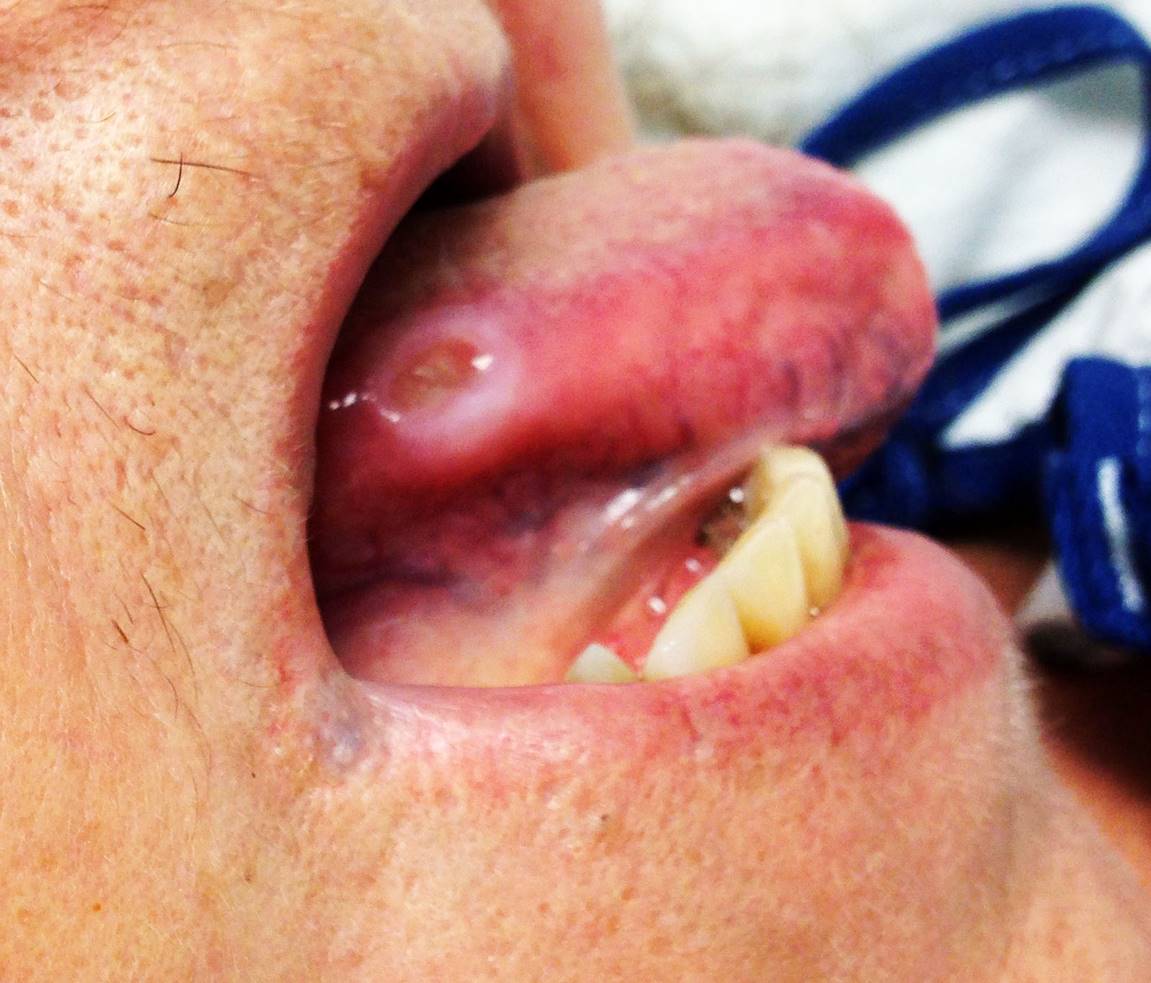Session Information
Date: Monday, October 22, 2018
Title: Vasculitis Poster II: Behҫet’s Disease and IgG4-Related Disease
Session Type: ACR Poster Session B
Session Time: 9:00AM-11:00AM
Background/Purpose: Behcet’s disease (BD) in the US is estimated to have a prevalence of 5.2-6.6 per 100,000 populations which is similar to that of European countries but lower than that reported along the Silk Road and in Turkey (400 per 100,000). We now report the demographic and clinical characteristics of BD in understudied populations in Southwest US.
Methods: Under IRB approval, we identified BD patients actively seen during 2014 to 2017 and determined the demographic and clinical characteristics of BD. BD was defined using the International Behcet’s Study Group criteria. Incomplete BD patients were excluded.
Results: 63 patients (82.5% female, 17.5% male, female: male ratio: 4.7:1) were identified who fulfilled definite BD criteria in a service population of 710,000 individuals, resulting in an estimated prevalence of 8.9 per 100,000 which is higher than reported previously in the US. 84.1% (53/63) were incorrectly diagnosed with other primary diagnoses like inflammatory arthritis (15.9%), primary fibromyalgia (7.9%), other forms of vasculitis (7.9%), or systemic lupus erythematous (7.9%) prior to BD diagnosis. Most common BD manifestations were oral ulcers (100%) (Figure 1), genital ulcers (61.9%) (Figure 2), acneiform lesions (69.8%), papulopustular lesions (52.4%) (Figure 2), pseudo folliculitis (42.9%), inflammatory arthritis (41.3%), anterior uveitis (23.8%), posterior uveitis (15.9%), pathergy (15.9%), deep vein thrombosis (14.3%), non-ocular vasculitis (11.1%), erythema nodosum (7.9%), arterial thrombosis (6.3%), and retinal vasculitis (1.6%). 50.8% of BD had concomitant fibromyalgia. BD was distributed ethnically as follows: 49.2% Spanish-American (SA), 31.7% Non-Spanish European-American (EA), 14.3% Native American (NA), and only 1.7% Silk Road. HLA-B51 was present in 70.5% percent of the total BD population and demographically segregated as to HLA-B51 more commonly in NA (89.0%, p=0.02) and SA (74.2%, p=0.02) compared to EA (42.1%).
Conclusion: BD is more common in Southwestern US than anticipated from prior US-based studies. BD occurs amongst all local ethnic groups including EA, SA, and NA. 84.1% of BD patient have been incorrectly diagnosed with some other disease prior to the BD diagnosis, and 50.8% have concomitant fibromyalgia, complicating the diagnosis. The prevalence of HLA-B51 in BD amongst SA and NA is high (74-89%) and greater than in EA (42%). This is one of the first reports of the characteristics of BD in Southwest US, and specifically in SA and NA populations, and provides the basis for further future study.
Figure 1. Oral ulceration
Figure 2. Genital ulceration and Papulopustular Lesions
To cite this abstract in AMA style:
Muruganandam M, Rolle N. Behcet’s Disease in the Southwestern United States [abstract]. Arthritis Rheumatol. 2018; 70 (suppl 9). https://acrabstracts.org/abstract/behcets-disease-in-the-southwestern-united-states/. Accessed .« Back to 2018 ACR/ARHP Annual Meeting
ACR Meeting Abstracts - https://acrabstracts.org/abstract/behcets-disease-in-the-southwestern-united-states/


